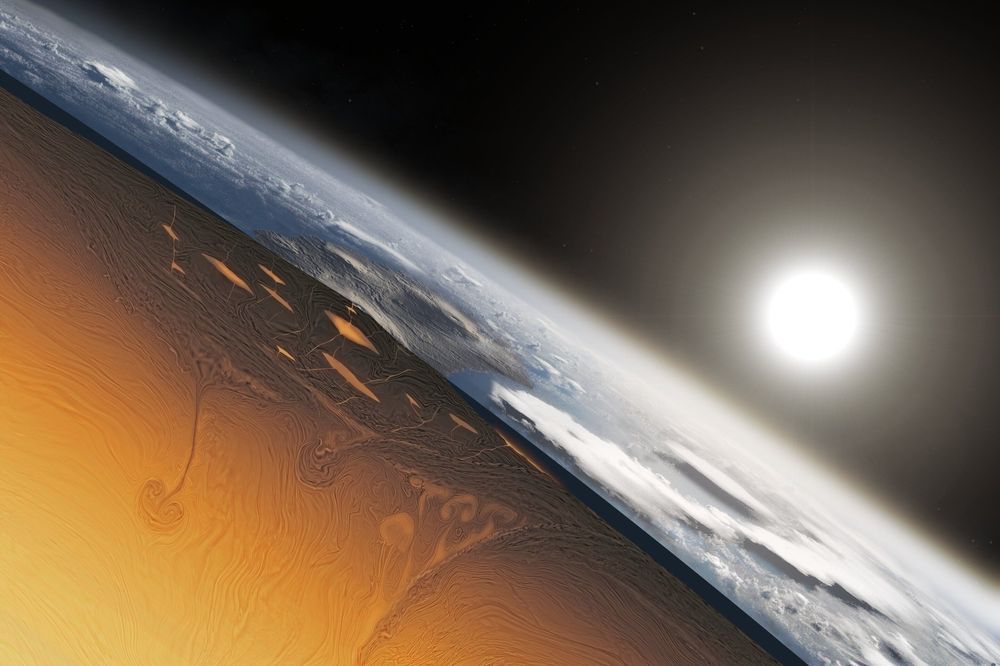An enduring question in geology is when Earth’s tectonic plates began pushing and pulling in a process that helped the planet evolve and shaped its continents into the ones that exist today. Some researchers theorize it happened around four billion years ago, while others think it was closer to one billion.
A research team led by Harvard researchers looked for clues in ancient rocks (older than 3 billion years) from Australia and South Africa, and found that these plates were moving at least 3.2 billion years ago on the early Earth. In a portion of the Pilbra Craton in Western Australia, one of the oldest pieces of the Earth’s crust, scientists found a latitudinal drift of about 2.5 centimeters a year, and dated the motion to 3.2 billion years ago.
The researchers believe this shift is the earliest proof that modern-like plate motion happened between two to four billion years ago. It adds to growing research that tectonic movement occurred on the early Earth. The findings are published in Science Advances.










Comments are closed.